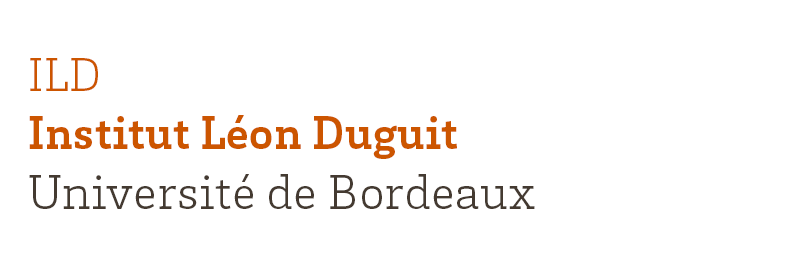Tapsirou Ba
La soutenance de thèse de Tapsirou Ba a eu lieu le 3 mai 2018, en présence de ses proches. Dirigée par Jean-Pierre Duprat, sa thèse a mis en exergue "Les problèmes de coordination entre actions internationales et politiques nationales contre les flaux sanitaires : le cas du sénégal".

Résumé de la thèse :
La lutte contre les fléaux sanitaires enregistre un nombre pléthorique d’acteurs, opérant avec des instruments et des stratégies différents. Cette pluralité d’acteurs et d’instruments affecte la cohérence du cadre organico-fonctionnel de protection du droit à la santé et pose un véritable défi de coordination. Notre étude axée sur le cas spécifique du Sénégal, interroge les mécanismes actuels de coordination qui ont montré leurs limites à l’épreuve de la pratique, tant au niveau national qu’international. Dans l’ordre interne sénégalais, l’impératif de coordination des actions sanitaires est plus affirmé que traduit dans la réalité. Au niveau international, les multiples dispositifs de coordination se caractérisent par une approche statique, largement dépassée par les réalités complexes du droit de la santé. Cette thèse se propose de dépasser l’approche statique pour une stratégie dynamique de la coordination, centrée sur le mécanisme de régulation. Plus adaptée aux déséquilibres qui caractérisent le cadre de protection du droit à la santé, la coordination-régulation que nous avons retenue, s’attachera à assurer une bonne articulation entre le principe de la responsabilité et la gouvernance sanitaire pour une plus grande efficacité des actions sanitaires dans les Etats en développement, à travers l’exemple du Sénégal.
Title of the thesis: "The problems of coordination between international actions and national policies against health scourges: the case of Senegal"
Abstract
The fight against health scourges is a plethora of actors operating with different instruments and strategies. This plurality of actors and instruments affects the coherence of the organic-functional framework for the protection of the right to health and poses a real coordination challenge. Our study focused on the specific case of Senegal, questions the current coordination mechanisms that have shown their limits to the test of practice, both nationally and internationally. In the Senegalese internal order, the imperative coordination of health actions, although present in speeches and texts, is insufficiently translated into reality. At the international level, the multiple coordination mechanisms are characterized by a static approach that has been largely overtaken by the new realities of health law. This thesis proposes to go beyond static approach for a dynamic strategy of coordination, centered on the regulation mechanism. More adapted to the imbalances that characterize the framework of protection of the right to health, the coordination -regulation will seek to ensure a good articulation between the principle of the responsibility and the sanitary governance for a greatereffectiveness of the sanitary actions in the States in development, through the example of Senegal.

